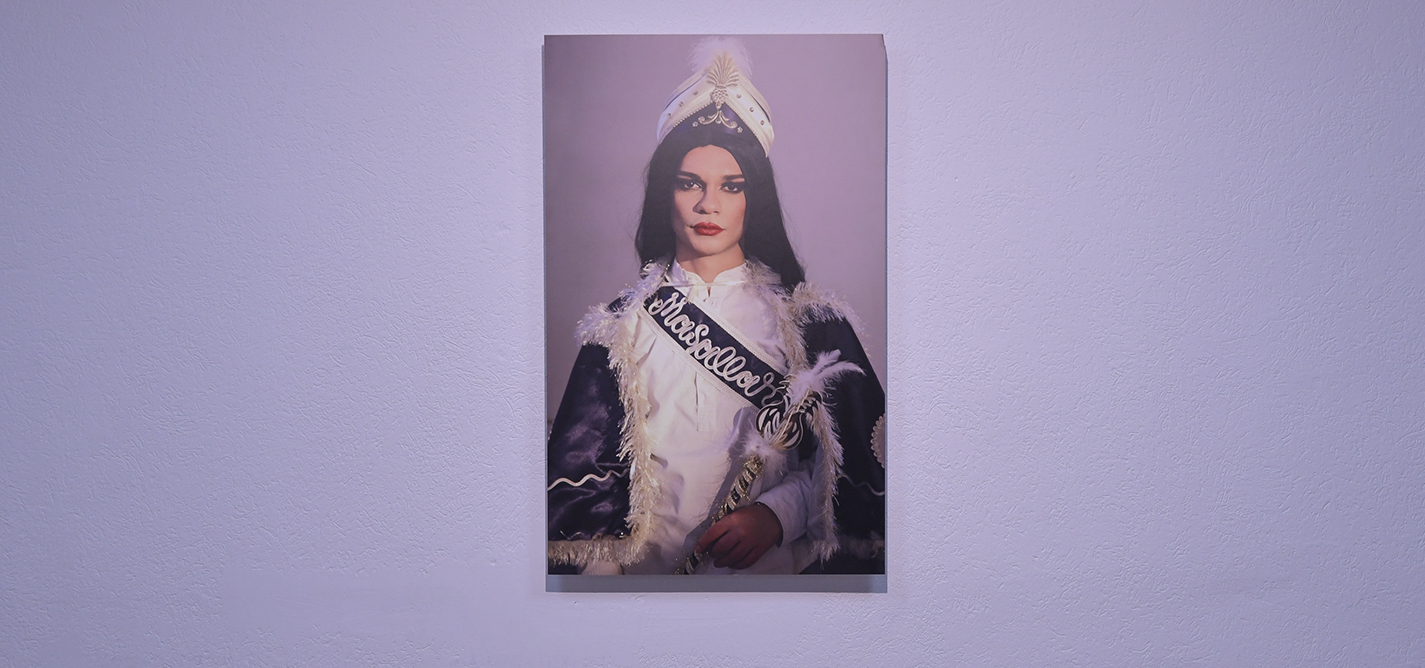
Making men — a feminist reflection on routine male circumcision
Why circumcising boys is neither medically justified nor without consequences.
As it is medically possible to circumcise both male and female genitalia, the difference must rest in how they are perceived, constructed and utilized in our societies.
It happens more often then one might think that circumcision goes wrong, or more than the prepuce gets cut.
Circumcision does alter men’s anatomy and sense of self, sometimes substantially and irreparably.
Parents do not own nor cannot dispose of their children’s body parts as it pleases them, as their children’s bodies are their children’s and their children’s alone.
Routine male circumcisions represent a humiliating and undignified interpretation of what it means to be a man.

Luca Tesei Li Bassi
Luca Tesei Li Bassi is K2.0’s program manager. He has an MA in International affairs from Johns Hopkins University and a master’s degree in international relations and diplomatic affairs from the University of Bologna. He is interested in gender, law and development.
This story was originally written in English.